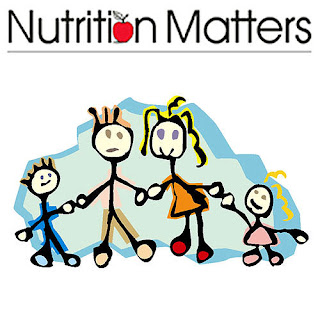Did you ever notice how TV commercials for breakfast cereal always mention vitamins and minerals?
But when you think of minerals, food isn't the first thing that comes
to mind. Aren't minerals something you find in the earth, like iron and
quartz?
Well, yes, but small amounts of some minerals are also in foods — for instance, red meat, such as beef, is a good source of iron.
Just like vitamins, minerals help your body grow, develop, and stay healthy. The body uses minerals to perform many different functions — from building strong bones to transmitting nerve impulses. Some minerals are even used to make hormones or maintain a normal heartbeat.
 Minerals and Their Function
Minerals and Their Function
Well, yes, but small amounts of some minerals are also in foods — for instance, red meat, such as beef, is a good source of iron.
Just like vitamins, minerals help your body grow, develop, and stay healthy. The body uses minerals to perform many different functions — from building strong bones to transmitting nerve impulses. Some minerals are even used to make hormones or maintain a normal heartbeat.
 Minerals and Their Function
Minerals and Their Function










